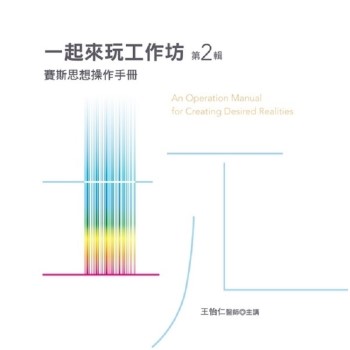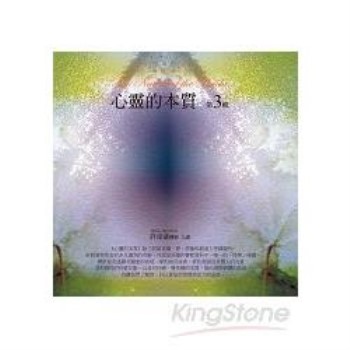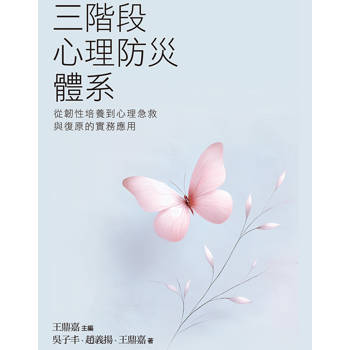This study investigates the capacity of Shakespeare’s texts - obviously destined for stage performances - to generate images and mental colours in the readers’ and in the spectators’ minds. Such notions as Ut pictura poesis and the paragoneare discussed in the first part of this book, along with the function and nature of colours. After discussing the sets of correspondences and the major differences between texts and images, the author presents and analyzes some of his own illustrations of Shakespearean characters. Jean-Louis Claret, both a university professor specialized in Shakespeare’s theatre and an illustrator, proposes to shed light on the process that led him from the perusal of the written text to the visualization of visages. The voice of poets is unconventionally called upon to shed light on the complex mechanisms he describes.
The second part of this book deals with an analysis of the author’s illustrations. As a university scholar, Jean-Louis Claret has naturally fed on literary criticism, but he tries nonetheless to put forth original approaches to Shakespeare. The use of poets’ voices in his demonstration contributes to the development of an original and innovative contribution to Shakespearean criticism. The illustrator traces in the texts the sparks that his mind fanned into mental images which he strove in turn to make into visual pictures. He tries to determine how textual elements (the mention of colours, details, names, etc.) can generate visions, and he devotes special attention to the effect of sound correspondences and prosody.
Poetry is given pride of place in this book that focuses on the power of words and on the mechanisms of evocation that affect both readers and theatregoers.
| FindBook |
有 1 項符合
Picturing Shakespeare的圖書 |
 |
Picturing Shakespeare 作者:Claret 出版社:Anthem Press 出版日期:2024-05-07 語言:英文 規格:平裝 / 200頁 / 22.91 x 15.27 x 1.07 cm / 普通級/ 初版 |
| 圖書館借閱 |
| 國家圖書館 | 全國圖書書目資訊網 | 國立公共資訊圖書館 | 電子書服務平台 | MetaCat 跨館整合查詢 |
| 臺北市立圖書館 | 新北市立圖書館 | 基隆市公共圖書館 | 桃園市立圖書館 | 新竹縣公共圖書館 |
| 苗栗縣立圖書館 | 臺中市立圖書館 | 彰化縣公共圖書館 | 南投縣文化局 | 雲林縣公共圖書館 |
| 嘉義縣圖書館 | 臺南市立圖書館 | 高雄市立圖書館 | 屏東縣公共圖書館 | 宜蘭縣公共圖書館 |
| 花蓮縣文化局 | 臺東縣文化處 |
|
|
圖書介紹 - 資料來源:博客來 評分:
圖書名稱:Picturing Shakespeare
內容簡介
|











